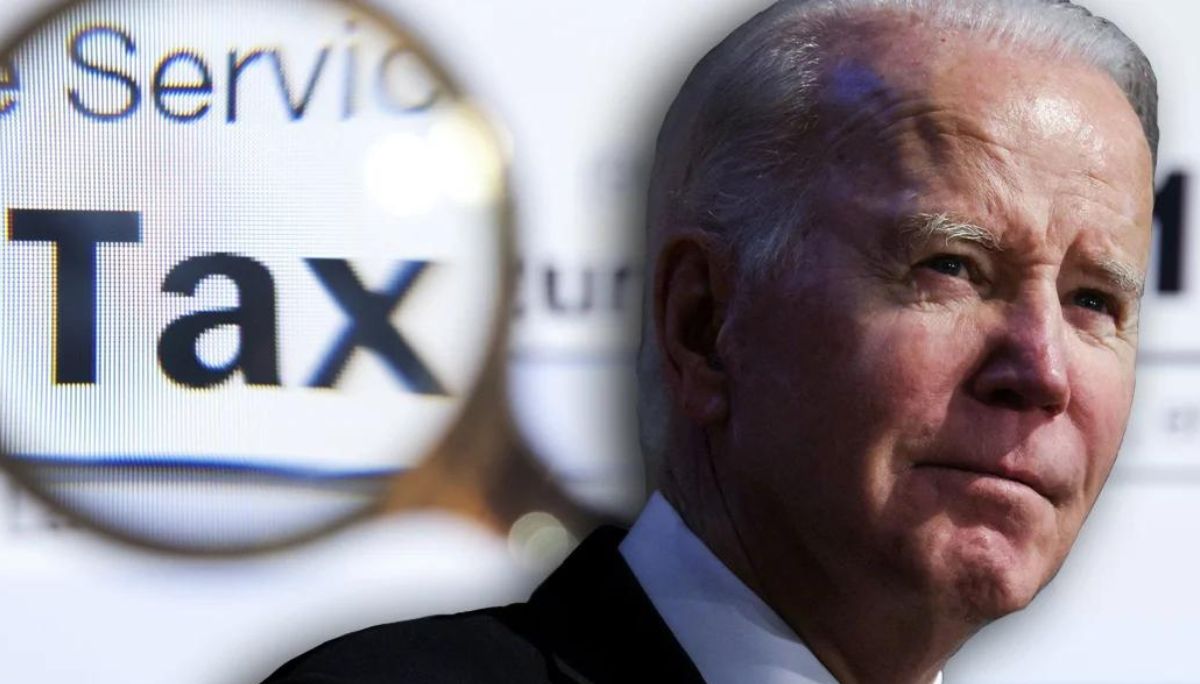Biden Crypto Tax Proposal Reviving 30% Tax on Crypto Mining to Expand Digital Asset Tax Base
In recent years, the cryptocurrency landscape has faced increasing scrutiny from governments worldwide. The Biden administration’s latest budget proposal has stirred the crypto community, particularly with its plan to revive a 30% tax on crypto mining. Let’s delve deeper into what this proposal entails and its potential implications.

Table of Contents
The world of cryptocurrencies and digital assets has been on a rollercoaster ride, captivating investors, technologists, and governments alike. As the industry continues to evolve and gain mainstream adoption, the need for comprehensive regulation and taxation has become increasingly apparent. In a bold move, President Biden has proposed reviving a 30% tax on crypto mining operations, with the aim of expanding the digital asset tax base and generating substantial revenue for the government.
The Rise of Crypto Mining
Crypto mining is the process by which new cryptocurrencies are created and transactions are verified and added to the blockchain ledger. This energy-intensive process involves powerful computers solving complex mathematical problems to validate transactions and earn rewards in the form of newly minted digital coins.
As the popularity of cryptocurrencies like Bitcoin and Ethereum has skyrocketed, so too has the demand for crypto mining operations. According to a report by the University of Cambridge, the global crypto mining industry consumes more electricity annually than many countries, including Norway and Ukraine.
Biden’s Proposed 30% Tax on Crypto Mining
In a bid to rein in the rapidly growing crypto mining industry and generate additional revenue for the government, President Biden’s administration has proposed reviving a 30% tax on crypto mining operations. This tax, which was previously in place during the Obama administration but later repealed, aims to capture a portion of the profits generated by these energy-intensive operations.
The proposed tax would be levied on the revenue generated by crypto mining operations, effectively treating these activities as a form of income subject to taxation. The administration argues that this move is necessary to level the playing field between traditional industries and the emerging digital asset sector.
Potential Impact on the Crypto Industry
The proposed 30% tax on crypto mining has sent shockwaves through the crypto community, with industry players and experts weighing in on the potential implications. Proponents argue that the tax could help mitigate the environmental impact of crypto mining by incentivizing more energy-efficient practices and the adoption of renewable energy sources.
However, critics contend that such a high tax rate could stifle innovation and drive crypto mining operations out of the United States, potentially benefiting other countries with more favorable regulatory environments. Some experts also warn that the tax could lead to increased costs for consumers and potentially slow the adoption of cryptocurrencies and blockchain technology.
Expanding the Digital Asset Tax Base
Beyond the specific crypto mining tax proposal, the Biden administration’s broader goal is to expand the tax base for digital assets and bring them under the purview of existing tax laws. This effort aligns with the growing recognition that cryptocurrencies and other digital assets represent a significant and rapidly growing economic sector that should be subject to appropriate taxation.
By bringing digital assets into the tax fold, the government aims to generate revenue, create a level playing field, and establish a framework for regulating and monitoring this emerging industry. However, achieving this goal will require navigating complex technical and legal challenges, as well as addressing concerns around privacy, security, and the decentralized nature of many digital asset platforms.
Frequently Asked Questions: Biden Crypto Tax Proposal Reviving 30% Tax on Crypto Mining
Q: Why is the Biden administration proposing a tax on crypto mining?
A: The proposed 30% tax on crypto mining operations is aimed at capturing a portion of the profits generated by these energy-intensive activities and expanding the digital asset tax base. The administration argues that this move is necessary to level the playing field between traditional industries and the emerging digital asset sector.
Q: How would the crypto mining tax be implemented?
A: The tax would be levied on the revenue generated by crypto mining operations, effectively treating these activities as a form of income subject to taxation. The specifics of implementation, including the definition of “crypto mining operations” and the calculation of taxable revenue, are yet to be determined.
Q: What would be the potential impact of the crypto mining tax on the industry?
A: Proponents argue that the tax could incentivize more energy-efficient practices and the adoption of renewable energy sources. Critics, however, warn that a high tax rate could stifle innovation, drive operations out of the US, and increase costs for consumers.
A: The Biden administration aims to expand the tax base for digital assets and bring them under the purview of existing tax laws. This effort aligns with the growing recognition that cryptocurrencies and other digital assets represent a significant economic sector that should be subject to appropriate taxation and regulation.
As the crypto industry continues to evolve and gain mainstream adoption, the debate around taxation and regulation will only intensify. The Biden administration’s crypto mining tax proposal represents a significant step towards bringing digital assets into the fold of the traditional tax system. However, striking the right balance between fostering innovation and ensuring fair taxation will be a delicate dance, requiring input from all stakeholders and a deep understanding of the complexities of this rapidly evolving industry.